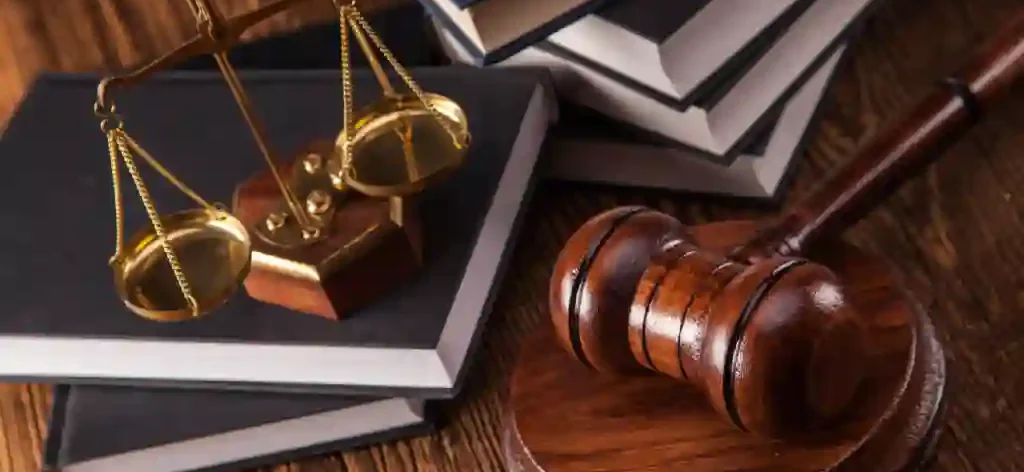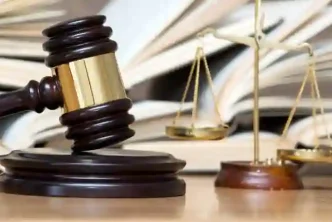Navigating the world of legal rights can be overwhelming, especially for someone who has never had to interact with the law. Whether you’re dealing with a legal issue or simply want to better understand the rights you possess as a citizen, knowing your legal rights is essential to ensure that you are treated fairly and justly. This beginner’s guide aims to break down the basics of legal rights in a clear and accessible manner, helping you understand the protections you have under the law and how to exercise them.
What Are Legal Rights?
Legal rights are the entitlements or protections granted to individuals by law. These rights are typically defined by a combination of statutes (laws created by legislative bodies), case law (decisions made by courts), and constitutional law. In a democratic society, these rights serve to protect individuals from arbitrary actions by the government, businesses, or other individuals. They ensure that people are treated with fairness, dignity, and equality, and they are an essential aspect of human rights.
Types of Legal Rights
Legal rights can be categorized in many different ways depending on the area of law in which they are applicable. Some of the most common categories of legal rights include:
1. Constitutional Rights
These rights are guaranteed by the Constitution, the supreme law of the land in many countries. They are foundational rights that cannot be easily overridden by other laws. Examples include the right to free speech, freedom of religion, and the right to due process.
2. Civil Rights
Civil rights are a subset of constitutional rights and specifically focus on the protection of individuals’ freedoms and equality. They include protections against discrimination based on race, gender, sexual orientation, disability, and other characteristics. Civil rights also cover voting rights and rights to participate in society without facing unjust barriers.
3. Criminal Rights
When someone is accused of a crime, they have specific rights that protect them from unjust treatment. This includes the right to remain silent, the right to legal representation, and the right to a fair trial. Criminal rights ensure that individuals are not convicted or punished without proper legal procedures.
4. Property Rights
Property rights refer to an individual’s legal rights to own, use, and dispose of property. These rights extend to both real property (land and buildings) and personal property (things like cars, electronics, and intellectual property). Property rights are a cornerstone of the legal and economic systems, allowing individuals to possess and use their belongings legally.
5. Labor Rights
Labor rights protect employees from unfair treatment in the workplace. These rights can include protections against discrimination, the right to fair wages, and the right to organize in unions. Labor laws vary from country to country but aim to ensure that workers have safe and fair working conditions.
Why Are Legal Rights Important?
Legal rights are crucial because they provide individuals with a framework for justice and fairness. Without legal rights, individuals might find themselves vulnerable to abuse, exploitation, or unjust treatment by others. Legal rights provide people with the means to stand up for themselves, seek compensation for harm, and protect their interests. Moreover, understanding your legal rights can help you avoid situations where you could unknowingly waive your rights or fall victim to exploitation.
In addition, legal rights foster social order by ensuring that all people, regardless of their status, are treated fairly. They help prevent the abuse of power, safeguard the freedoms of individuals, and maintain a balance of power between citizens and government.
Common Legal Rights Every Citizen Should Know
1. The Right to Due Process
Due process is a fundamental constitutional right. It means that the government must follow fair procedures before depriving a person of life, liberty, or property. This right ensures that individuals have the opportunity to be heard in court, that they are informed of charges against them, and that they have access to legal representation. Whether in criminal, civil, or administrative matters, due process guarantees that individuals are treated fairly under the law.
2. The Right to a Fair Trial
Everyone is entitled to a fair and impartial trial. This right is a cornerstone of the legal system and is a part of due process protections. A fair trial ensures that individuals accused of crimes or involved in legal disputes receive a trial that is conducted according to established legal principles. It guarantees that the judge or jury hearing the case will be unbiased and will base their decision on the evidence presented.
3. Freedom of Speech
Freedom of speech is a foundational civil right that allows individuals to express their opinions without fear of government censorship or retaliation. While this right is not absolute (e.g., speech that incites violence or defamation is not protected), it is a key component of democracy. People have the right to criticize government policies, protest, and speak freely on matters of public concern.
4. The Right to Privacy
The right to privacy protects individuals from unwarranted government intrusion into their personal lives. This includes the right to keep personal information private, the right to be free from unreasonable searches and seizures, and the right to make personal decisions (such as reproductive choices) without interference. In an age of digital information, the right to privacy is increasingly important in safeguarding personal data.
5. Freedom from Discrimination
One of the most crucial legal rights is protection from discrimination. Many countries have laws that protect individuals from being discriminated against based on factors like race, gender, age, disability, religion, and sexual orientation. This protection extends to areas such as employment, housing, education, and public services. These laws aim to ensure equal treatment for all individuals, regardless of their background or personal characteristics.
6. The Right to Vote
In democratic societies, citizens are granted the right to vote, allowing them to participate in the political process. Voting rights ensure that people can have a say in who governs them, the laws that affect their lives, and policies that shape the future of their country. These rights may be restricted in certain circumstances, such as for convicted criminals, but they are a cornerstone of democracy.
7. The Right to Education
Access to education is an essential right that helps ensure individuals have the opportunity to improve their quality of life. In many countries, education is considered a fundamental right that should be available to all citizens. Legal protections often require governments to provide free primary education and prohibit discrimination in educational settings.
How to Exercise Your Legal Rights
Understanding your legal rights is only the first step—exercising them effectively is equally important. Here are a few ways to ensure your rights are protected:
1. Know Your Rights
The first step in exercising your rights is to know what they are. Educating yourself about your legal rights is the foundation for protecting yourself from infringement. There are many resources available, from online guides to community legal clinics, where you can learn more about your rights in different areas of law.
2. Seek Legal Advice
If you are facing a legal issue and are unsure about your rights, it’s a good idea to consult a lawyer or legal expert. Lawyers are trained to interpret the law and provide guidance based on your specific situation. Many legal professionals offer free consultations, and there are often legal aid services available for those who cannot afford private counsel.
3. Document Everything
If you believe your legal rights are being violated, documenting everything can help you build a case. Keep a record of communications, events, and any actions that may be relevant to your legal issue. This documentation will be invaluable if you need to pursue legal action or defend yourself in court.
4. Take Action When Necessary
If your rights are being violated, you may need to take legal action. This could mean filing a lawsuit, seeking an injunction, or submitting a complaint to the appropriate government body. It’s essential to be proactive about protecting your rights rather than waiting for someone else to act on your behalf.
5. Get Involved in Advocacy
If you feel strongly about legal rights, consider getting involved in advocacy. Many organizations focus on protecting and promoting legal rights, especially those of marginalized or vulnerable populations. By getting involved in such organizations, you can help shape policy and raise awareness about legal issues that affect your community.
Conclusion
Understanding your legal rights is an essential part of living in a society where fairness, justice, and equality are core values. By knowing what rights you are entitled to, you can better navigate legal systems and ensure that you are treated justly. Whether you are dealing with a legal issue or just trying to understand your entitlements, being informed about your rights is the first step in securing your protection. Always remember, knowledge is power, and when it comes to legal rights, that knowledge can make all the difference.





